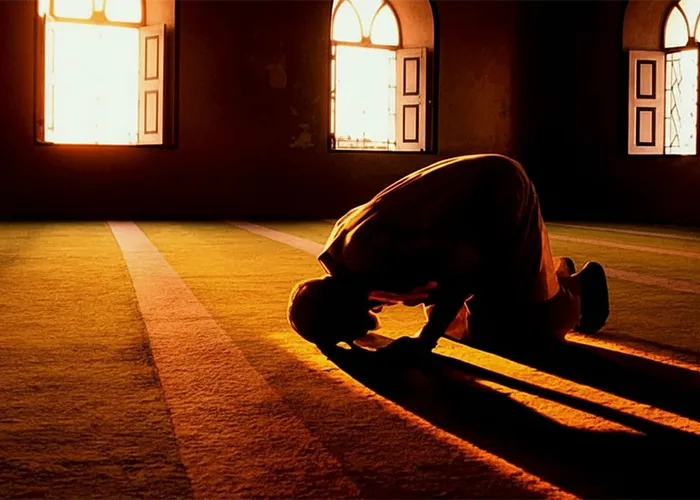Religious-Inquiries – Volume01 Issue27
Shortened prayer by a traveller – Continuing from previous issue
Imam Khamenei
- Travelling as a Temporary Duty:
Q: Does the traveler’s rule apply to people whose permanent jobs are not driving, but driving has become their duty for a short term (e.g., soldiers assigned to drive)? Or is it obligatory for them to perform full prayers and fast?
A: If ordinary people consider driving as their job during this temporary period, they have the same rule as that of other drivers.
- Travel for Professional Education:
Q: I am a teacher in my hometown and have been admitted to a higher educational centre in a distant city. I must travel and stay there three days a week as part of my professional duties, while teaching in my hometown for the rest of the week. What is the rule for my prayer and fasting?
A: If education is part of your job, you must perform prayers in full, and your fasts are valid.
- Indefinite Travel:
Q: What is the rule regarding prayers and fasting for those who travel for an indefinite period, such as Islamic studies students or government employees transferred to a city for work purposes?
A: If they are to stay there for about one year, their prayer is performed in full, and they must fast.
- Temporary Residence with Job-Related Trips:
Q: The place where I live is not my original watan (hometown) and its distance from my original watan exceeds the shar‘ī limit. I have not adopted this place as my watan, and I stay there only for a few years. Sometimes, I leave it for two or three days a month for job-related trips. Is it obligatory to make the intent to stay for ten days when I return after travelling beyond the shar‘ī distance? What is the ruling?
A: In this case, you are not regarded as a traveler there; your prayer must be performed in full, and you must fast.
Ayatollah Sistani
- Distance Rule for Shortened Prayers:
If a person’s outward and return journey totals eight farsakhs (approximately 43 km), he must perform qaṣr (shortened) prayers. However, as a recommended precaution, he should also perform tamām (full) prayers.
- Repeated Short-Distance Travel:
If a person repeatedly travels between two places that are less than four farsakhs (approximately 21.5 km) apart, he must perform tamām prayers, even if the total distance travelled is eight farsakhs (approximately 43 km).
- Choice of Route:
If there are two roads to a destination:
- If one road is less than eight farsakhs (approximately 43 km) and the other is eight farsakhs or more:
- If the traveler takes the longer road, he must perform qaṣr prayers.
- If he takes the shorter road, he must perform tamām prayers.
- Start and End of Travel Distance:
The calculation of eight farsakhs (approximately 43 km) begins from the point where a person is deemed a traveler. This is usually on the outskirts of a town. However, in some large cities, it may refer to the outskirts of a specific area. The end of the journey is the traveler’s destination, not merely the point of entry into the town or village.
Ayatollah Makarem Shirazi
- Distance for Shortened Prayers:
A person whose outward and return journey totals eight farsakhs (approximately 43 km) must shorten his prayers to two rak‘ats. This applies even if the outward journey is less than four farsakhs (approximately 21.5 km). However, if the traveller decides to stay for ten days, he must perform full prayers.
- Doubt About Travel Distance:
If a person is unsure whether the journey is eight farsakhs (approximately 43 km), he must not shorten his prayers. However, he should enquire about the distance from reliable sources unless doing so causes undue hardship.
- Mistaken Shortened Prayers:
- If a person believes his journey is eight farsakhs (approximately 43 km) and shortens his prayers but later discovers it was not eight farsakhs, his prayers are void. He must repeat them with four rak‘ats or perform qaḍā if the time has passed.
- Conversely, if he believes his journey is not eight farsakhs but later learns it was, he must shorten his prayers. If he had already performed full prayers, he must repeat them as short.
editor's pick
news via inbox
Subscribe to the newsletter.




